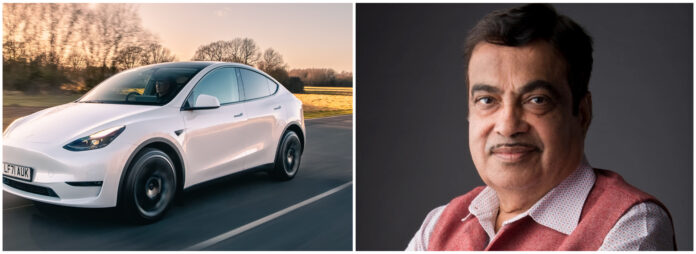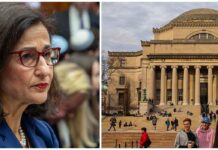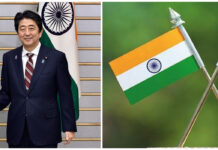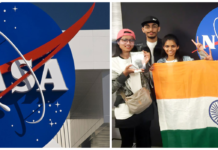In a juxtaposition of interests, global electric vehicle giant Tesla had expressed openness to enter the Indian market, while India’s Minister of Road Transport and Highways, Nitin Gadkari, firmly closed the door on the possibility of allowing driverless cars in the country.
Tesla’s Interest:
Tesla, known for its innovative electric vehicles and autonomous driving technology, had shown interest in introducing its cars to the Indian market. The prospect of Tesla entering India had created anticipation among tech and automotive enthusiasts.
Gadkari’s Firm Stance:
Despite Tesla’s enthusiasm, Nitin Gadkari, a prominent figure in the Indian government, stood firm in his resolve against allowing driverless cars on Indian roads. Gadkari, responsible for the country’s transportation policies, emphasized the government’s concerns and reservations regarding autonomous vehicles.
Rationale Behind the Rejection:
Gadkari cited various reasons for the rejection, including concerns related to safety, regulatory frameworks, and the potential impact on employment. The minister highlighted the need for a comprehensive and foolproof system before considering the introduction of driverless technology to Indian roads.
Government’s Focus on Safety:
Gadkari underscored the importance of prioritizing safety in the transportation sector, expressing reservations about the reliability of autonomous technology and its adaptability to India’s diverse and complex traffic conditions.
Impact on Employment:
Another key factor in Gadkari’s decision was the potential impact on employment. He expressed concerns about the possible displacement of jobs in the transportation sector if autonomous vehicles were to become widespread, emphasizing the need to safeguard employment opportunities.
Conclusion:
While Tesla’s doors remained metaphorically open for entry into the Indian market, Nitin Gadkari’s resolute stance against allowing driverless cars underscored the Indian government’s cautious approach. The rejection highlighted the need for a careful balance between technological advancement and ensuring the safety and employment interests of the nation. The ongoing dialogue between the government and technology innovators such as Tesla remains a critical aspect of shaping India’s automotive landscape in the coming years.






















